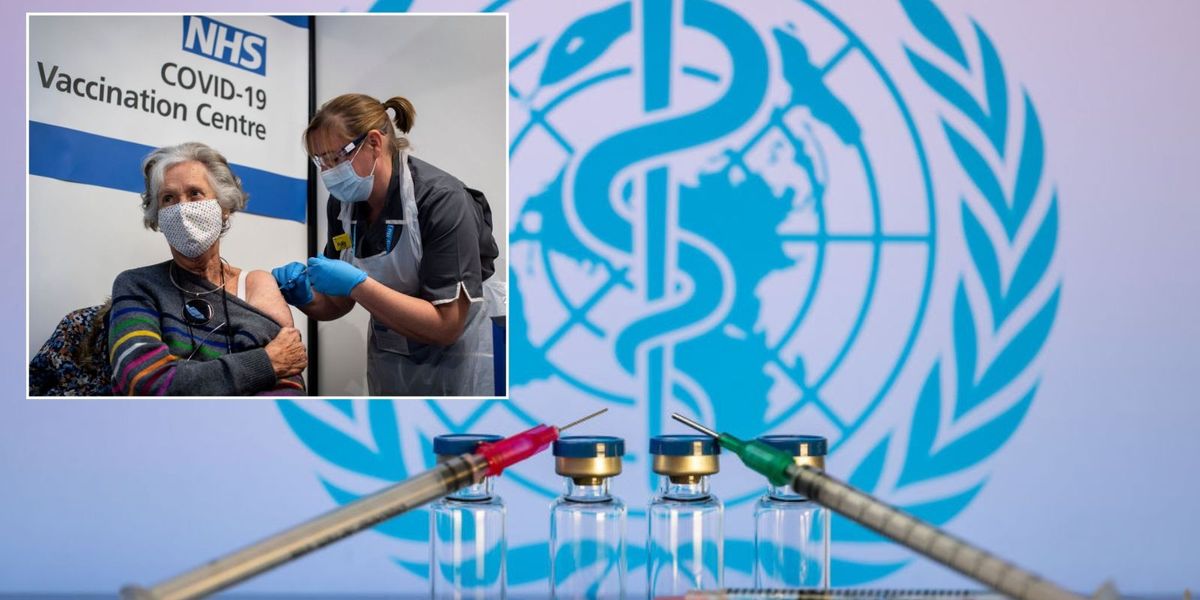A global vaccine treaty is to be rejected by Britain amid concerns it would have to give away a fifth of its jabs.
The UK will allegedly refuse to sign the World Health Organisation’s pandemic treaty as it undermines Britain’s sovereignty.
Following the announcement of the initiative in May 2021, member states have attempted to come to a consensus on the WHO Pandemic Agreement.
The latest draft of the treaty declares that all member states, including the UK, would be required to give up 20 per cent of “pandemic-related health products” to other countries.
A global vaccine treaty is to be rejected by Britain amid concerns it would have to give away a fifth of its jabs
Getty
Rules also state that stockpiling supplies is banned – including therapeutics, PPE and vaccines.
The WHO document says the UN-run agency would get “real-time access” to 10 per cent of these products for free, and 10 per cent “at affordable prices”.
Nations set out plans during the height of the pandemic to organise a legally binding document which would force countries to tackle the next global health emergency in a united way.
The controversial document says countries should “set aside a portion of its total procurement of relevant diagnostics, therapeutics or vaccines in a timely manner for use in countries facing challenges… and avoid having national stockpiles of pandemic-related health products”.
LATEST DEVELOPMENTS:
It is understood that the UK will not agree to sign the treaty.
“The UK could not accept these proposals in their current form – and they have not been agreed,” a source familiar with the negotiations told The Telegraph.
It it believed that officials will only agree if there is a commitment that British-made vaccines are used for what the UK deems to be its own national interest.
The UK is said to want to work with other member state but is not prepared to give up autonomy on its own assets.
The controversial document says countries should ‘set aside a portion of its total procurement of relevant diagnostics, therapeutics or vaccines’
GETTY
Dr Clare Wenham, associate professor of Global health policy at the London School of Economics, said: “What will have to happen bilaterally to get that outcome, is yet to be seen, but I wouldn’t be surprised if deals were being done behind the scenes for low and middle income countries to acquiesce.”
A Department of Health and Social Care spokesperson told The Telegraph: “We cannot comment on the details of specific proposals and no proposals have been agreed.
“We will only support the adoption of the accord and accept it on behalf of the UK, if it is firmly in the UK national interest and respects national sovereignty.”

